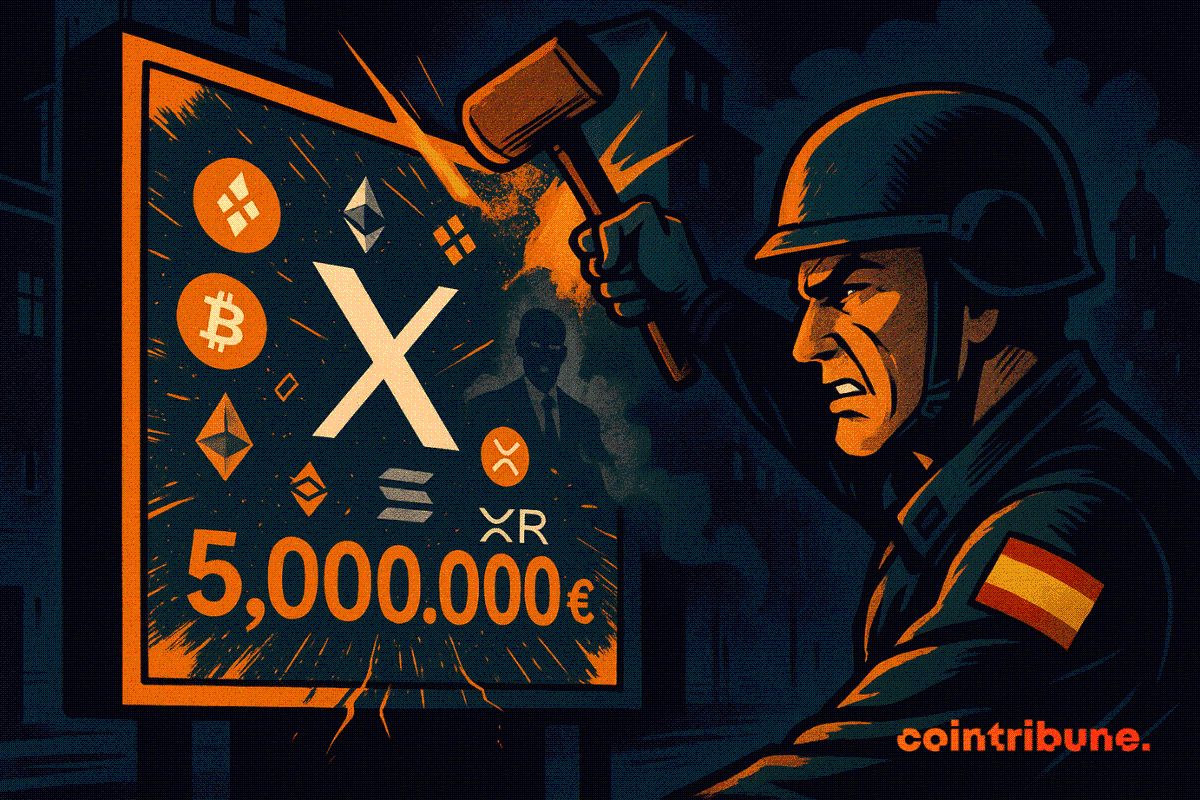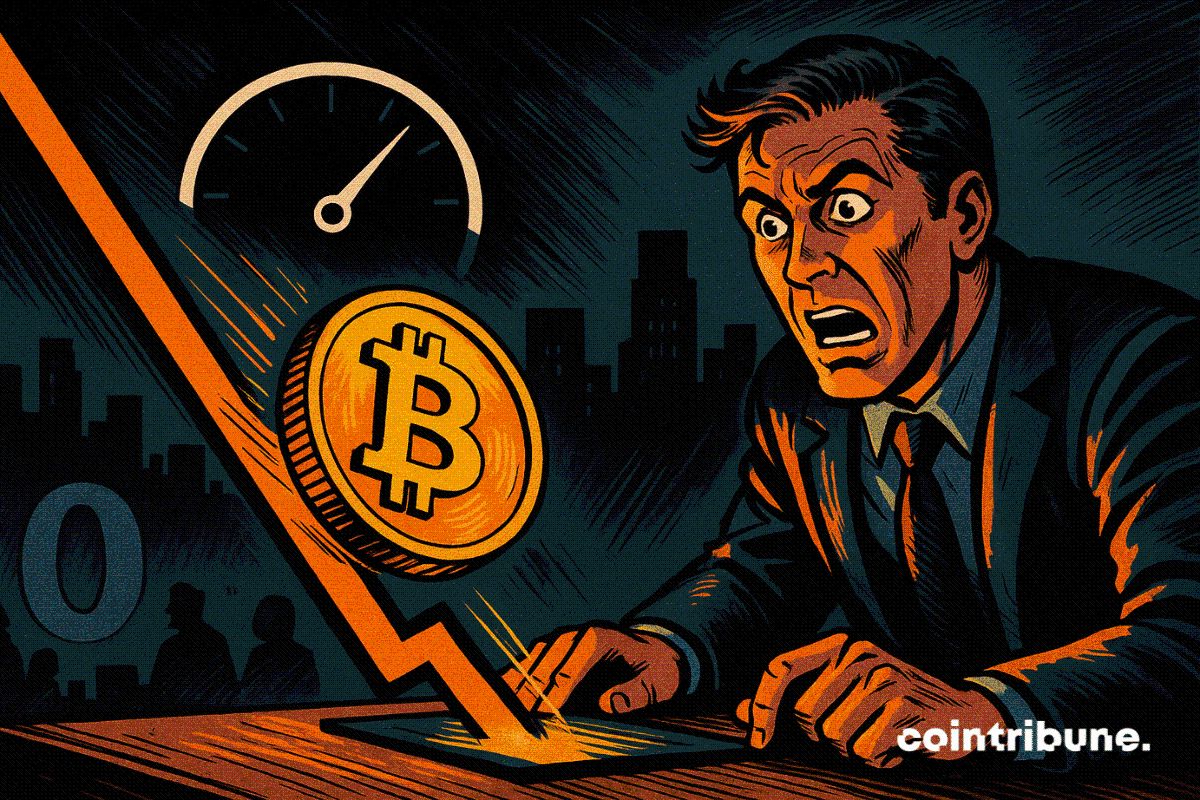76% of Japan’s banks eye tokenized securities as SBI bets on Chainlink
Japan’s SBI Group has entered into a strategic partnership with Chainlink to accelerate blockchain adoption, digital asset growth, and tokenization across Japan and the broader Asia-Pacific region.
The collaboration, announced on Aug. 24, combines SBI’s financial market expertise with Chainlink’s widely used infrastructure for data, interoperability, and institutional-grade DeFi applications.
Driving tokenization
The initiative is designed to expand financial institutions’ tokenization efforts, focusing on products such as tokenized funds, real-world assets such as real estate and bonds, and regulated stablecoins.
SBI emphasized that Japan’s maturing financial system and its growing digital asset ecosystem provide a strong foundation for piloting these use cases.
As part of the agreement, SBI and its network of financial partners will deploy Chainlink’s services, including the Cross-Chain Interoperability Protocol (CCIP), SmartData (NAV), and Proof of Reserve. These tools are expected to unlock secondary market liquidity and enhance operational efficiency for tokenized assets.
In addition, the partnership aims to develop secure solutions for payment-versus-payment (PvP) settlement in foreign exchange markets and cross-border transfers, two areas where demand for efficiency and compliance is rising.
The collaboration builds on recent findings from SBI Digital Asset Holdings, which surveyed more than 50 financial institutions.
Roughly 76% of respondents indicated an intention to invest in tokenized securities, citing benefits such as improved efficiency and diversification. However, many also pointed to the lack of institutional-grade infrastructure as a major obstacle to scaling adoption.
SBI sees Chainlink’s infrastructure as a solution to bridge this gap.
Yoshitaka Kitao, CEO of SBI Holdings, said the partnership highlights a shared commitment to building compliance-focused digital asset frameworks.
According to him, combining SBI’s reach with Chainlink’s secure data systems will allow the companies to pioneer solutions that enable cross-border transactions powered by stablecoins.
The agreement follows SBI’s memorandum of understanding with Ripple to introduce the RLUSD stablecoin in Japan. Together, these efforts signal SBI’s intention to cement its role as a leading force in advancing tokenization and digital assets across Japan and the wider Asia-Pacific market.
The post 76% of Japan’s banks eye tokenized securities as SBI bets on Chainlink appeared first on CryptoSlate.
Disclaimer: The content of this article solely reflects the author's opinion and does not represent the platform in any capacity. This article is not intended to serve as a reference for making investment decisions.
You may also like
Spain Pins X for Illegal Crypto Promotion

Crypto Market Turns Cautious as Bitcoin Slips and Fear Index Hits Extreme Lows

XRP ETF Price Crash Explained
XRP Is Not Bitcoin Or Ethereum, Says Canary CEO As XRPC ETF Launches
